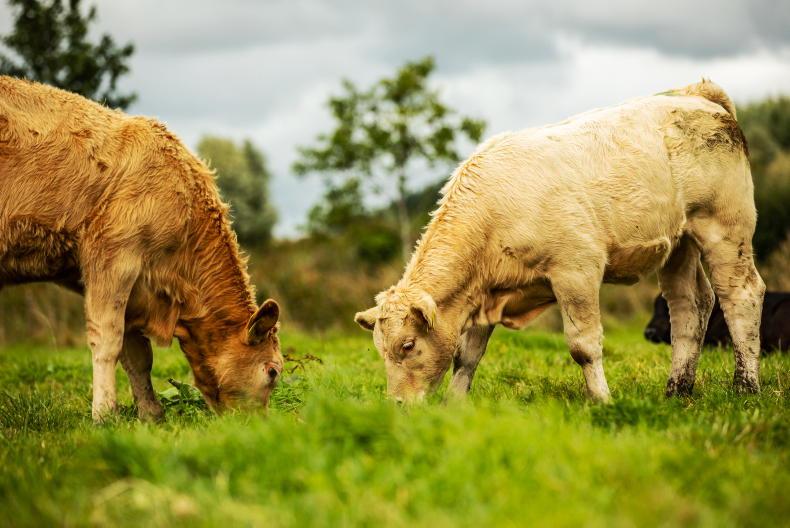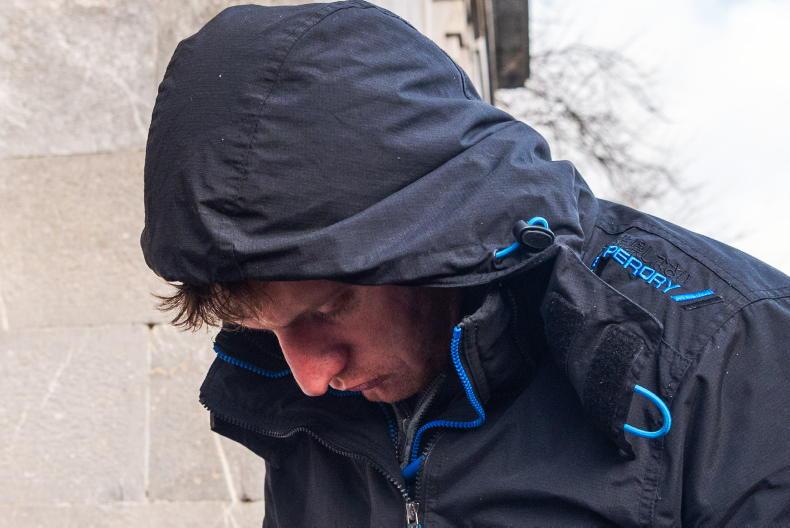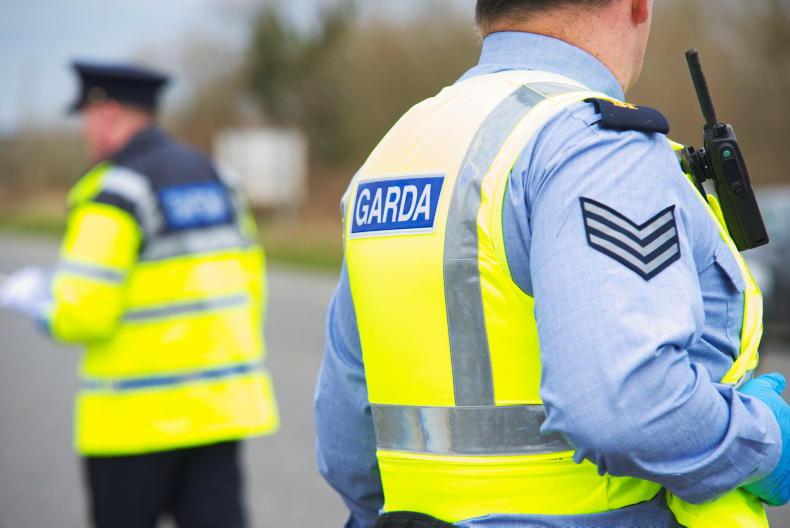Occupancy of a house is one of the greatest deterrents to burglars who could be targeting your house, Laois-Offaly crime prevention officer Graham Kavanagh has said.
He told a recent Irish Farmers Association (IFA) rural crime meeting that during the COVID-19 pandemic, burglaries fell due to the fact that most people were at home.
“Occupancy is a great deterrent. I’ve seen the CCTV footage of homes being targeted by the organised gangs or even the opportunistic criminals and if they cop there is someone in a yard or house, they generally hightail it out of there or they make some excuse to be there. But they generally don’t want to be around if someone is at home,” he said.
Wintertime is generally a time when there is an increase in burglary activity, Kavanagh said.
“This time of year, most burglary activity occurs between 5pm and 10pm.
"Sometimes it’s very hard to put a time on a crime, because the person could leave the home at seven or eight in the morning and go to work and arrive home at seven or eight in the evening and find that the home has been broken into,” he said.
Unsecured
In domestic burglaries, it’s the cash, jewellery, then tools and electronics that are targeted first, he said.
“Most burglars are opportunists, they don’t want to be seen and they will target easier properties.
“In nearly 25% of domestic burglaries, properties are left unsecured, the criminal walks up, tries the handle and walks in,” he said.
He added that bogus callers to homes used to be a seasonal thing. However, Kavanagh said it’s all year now.
“The criminal chooses to make us victims. For a crime to take place, there has to be three ingredients; a location, a victim and the individual. If you remove one of those from it, you don’t have a crime.
“It’s the habit changes, the simple things that can cost nothing that can greatly reduce [crime],” he said.
Romance fraud
IFA crime prevention officer Barry Carey told the meeting that he has mentioned romance fraud at public meetings.
Gardaí say that victims of the scam believe they have met their perfect match online, but the other person is in fact a scammer using a fake profile to build the relationship. They slowly gain the victim’s trust with a view to eventually asking them for money.
“It is a very serious offence and what it has done to members of the community who are lonely and looking for partnerships get caught out with these,” Carey said.
“In fact, the Garda economic crime unit has reported almost €800,000 taken from unsuspecting males and females in rural Ireland, members of our communities who have engaged with people and got caught out.
“So, again, it’s something that’s badly reported because people are embarrassed to [talk] about it,” he said.










SHARING OPTIONS